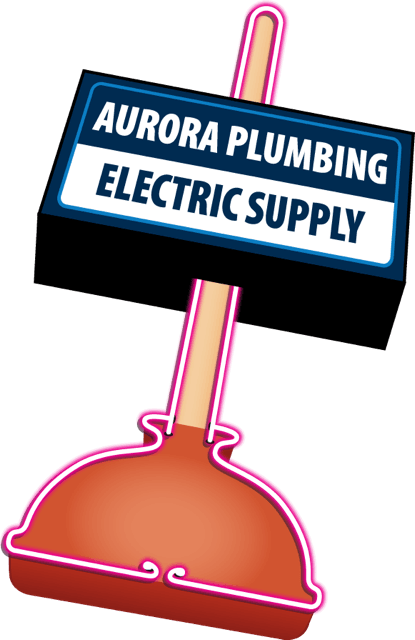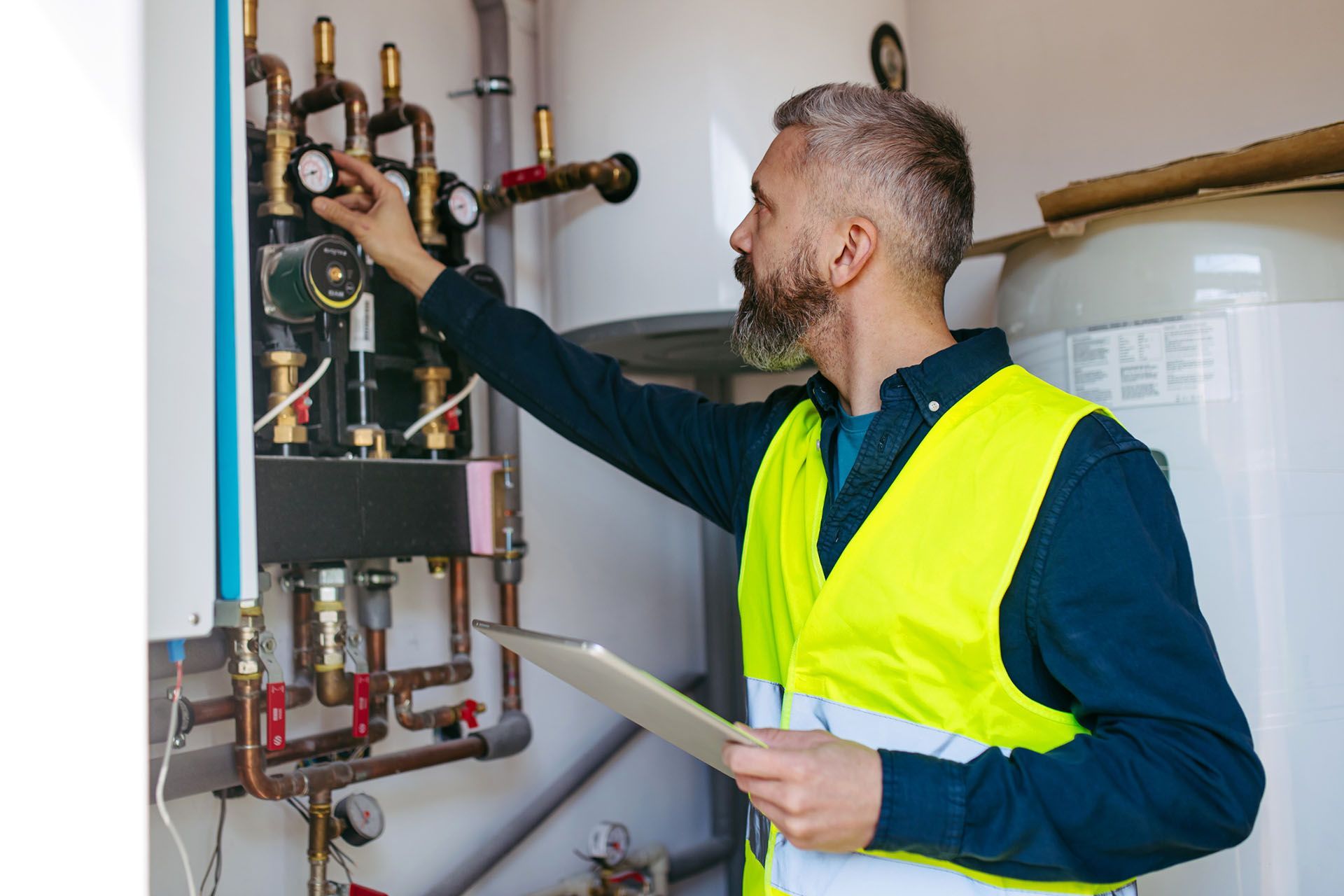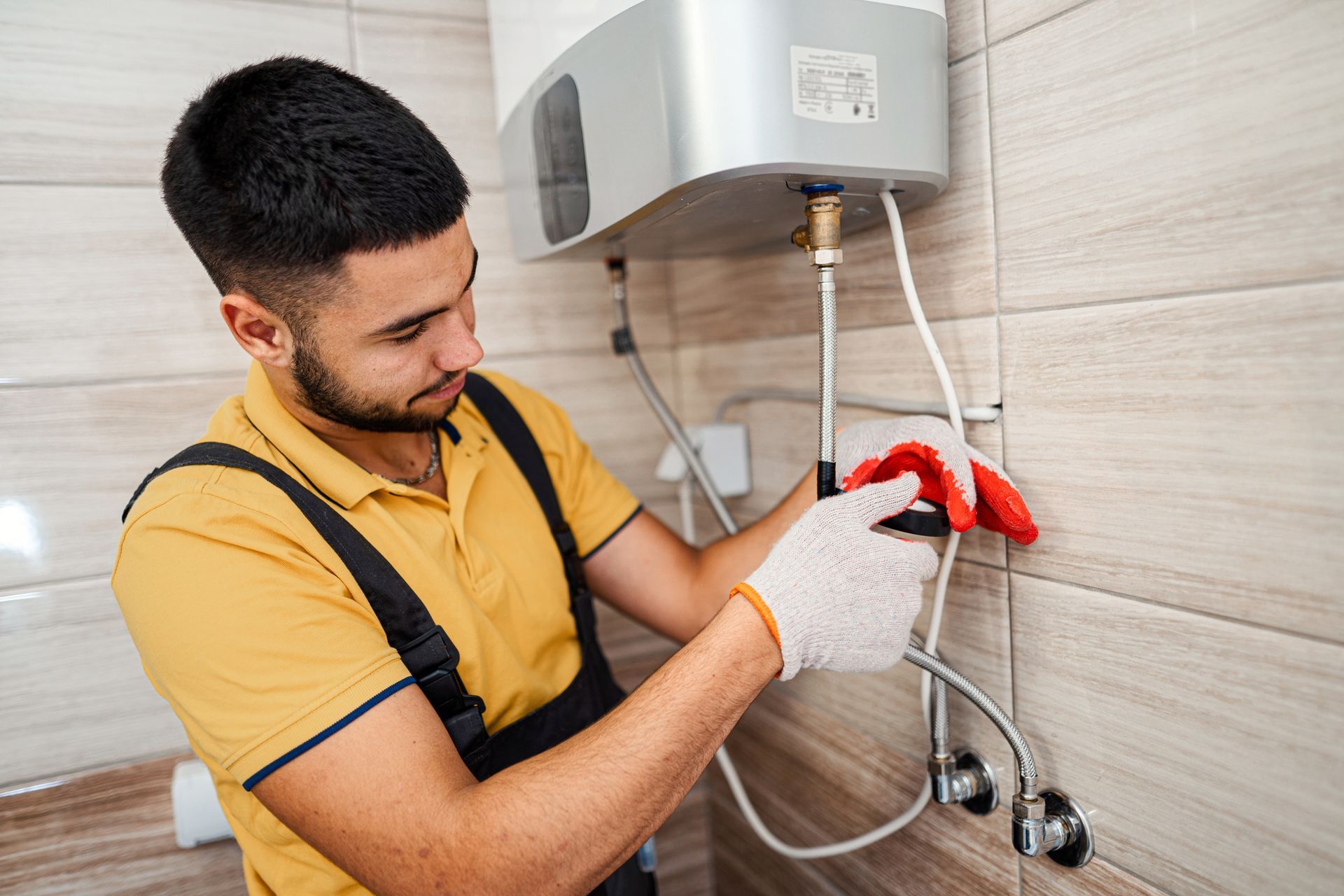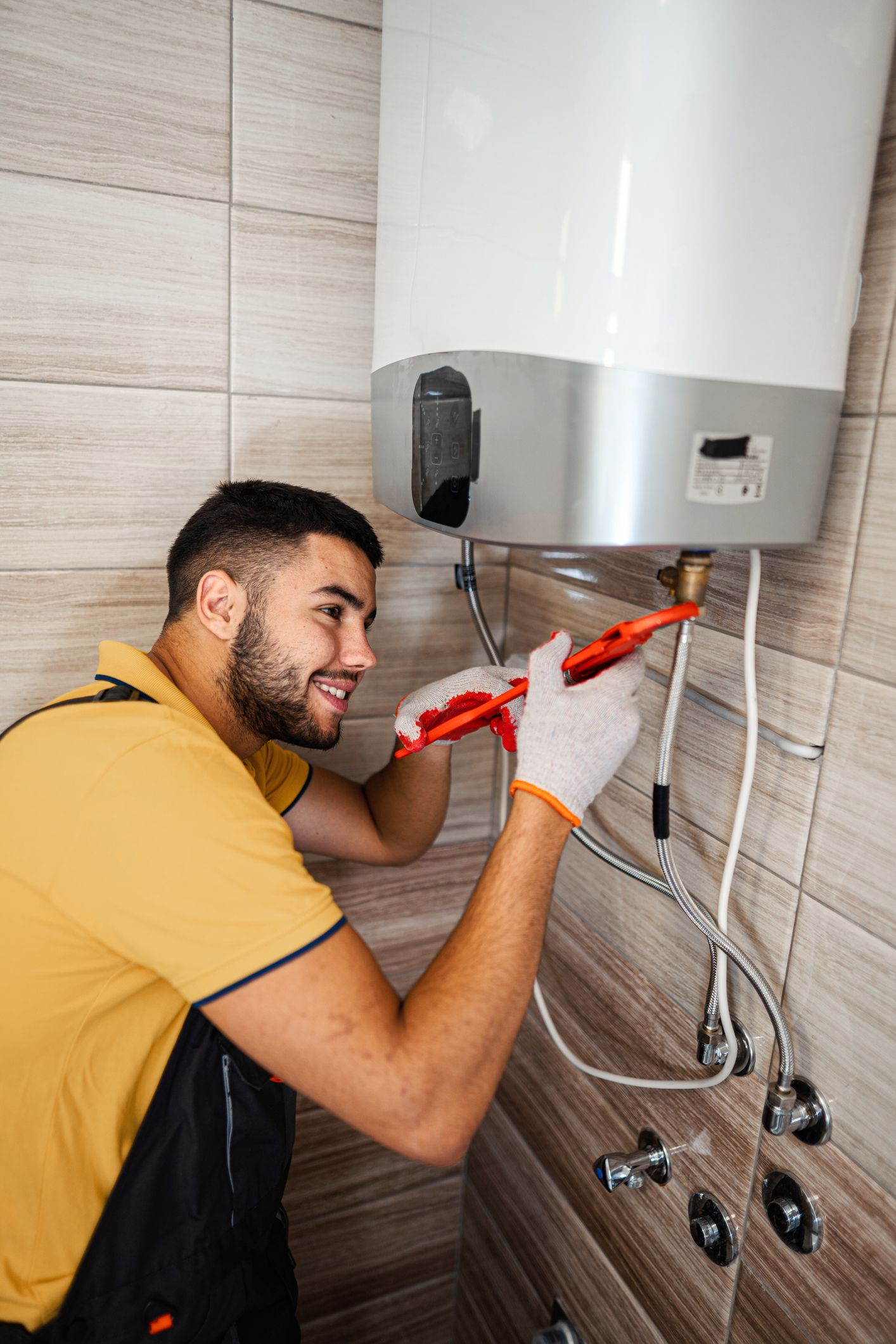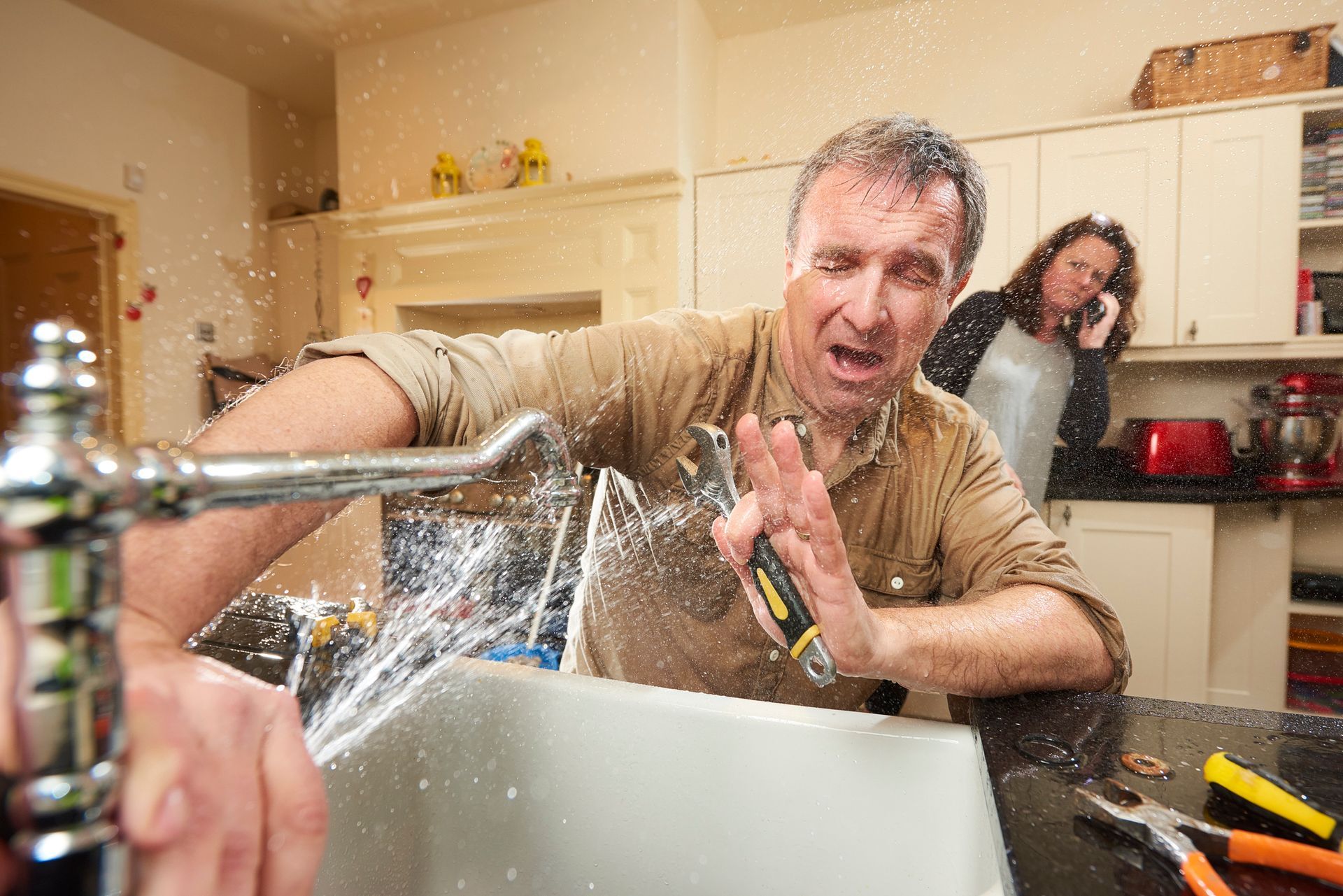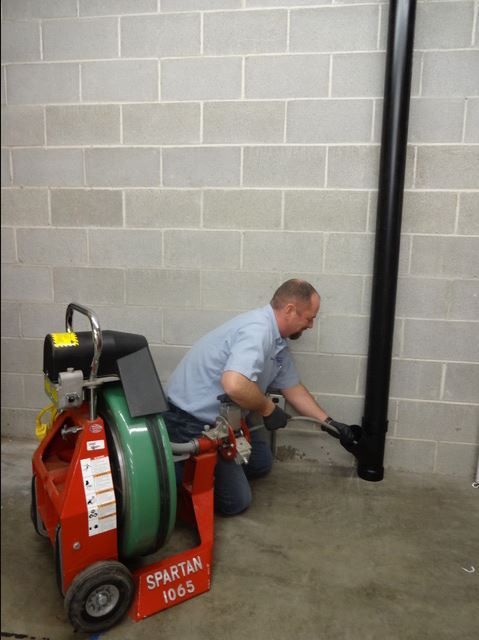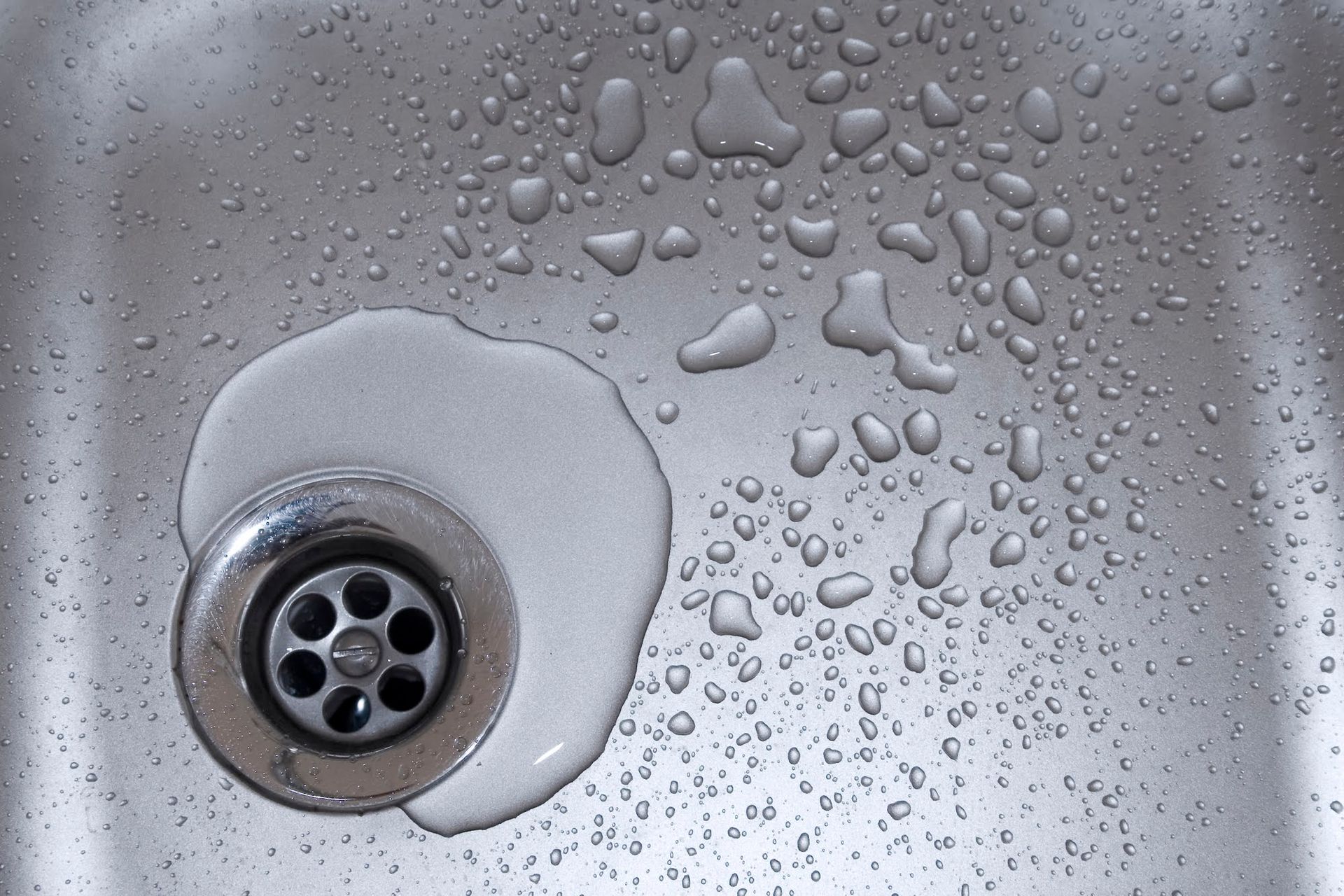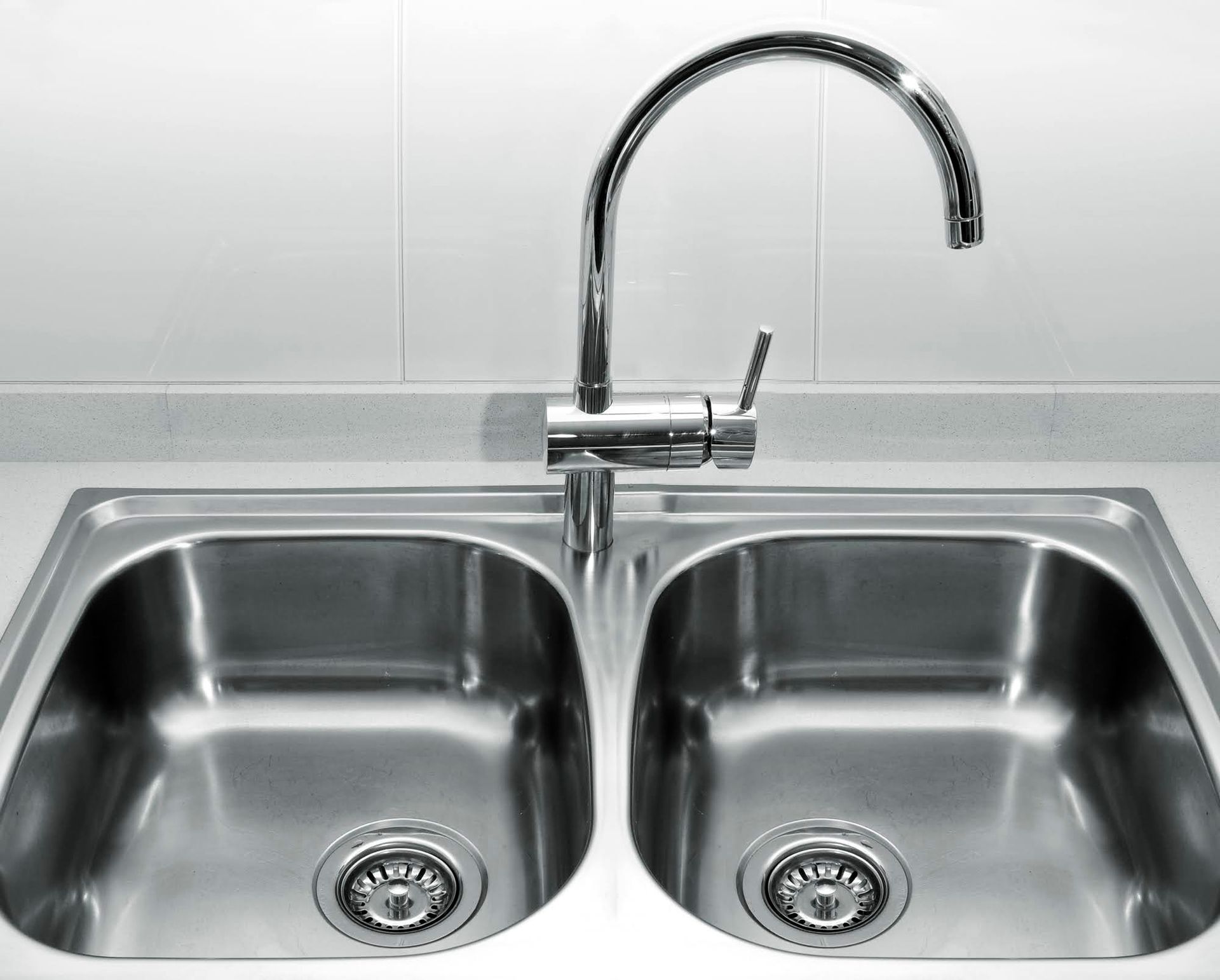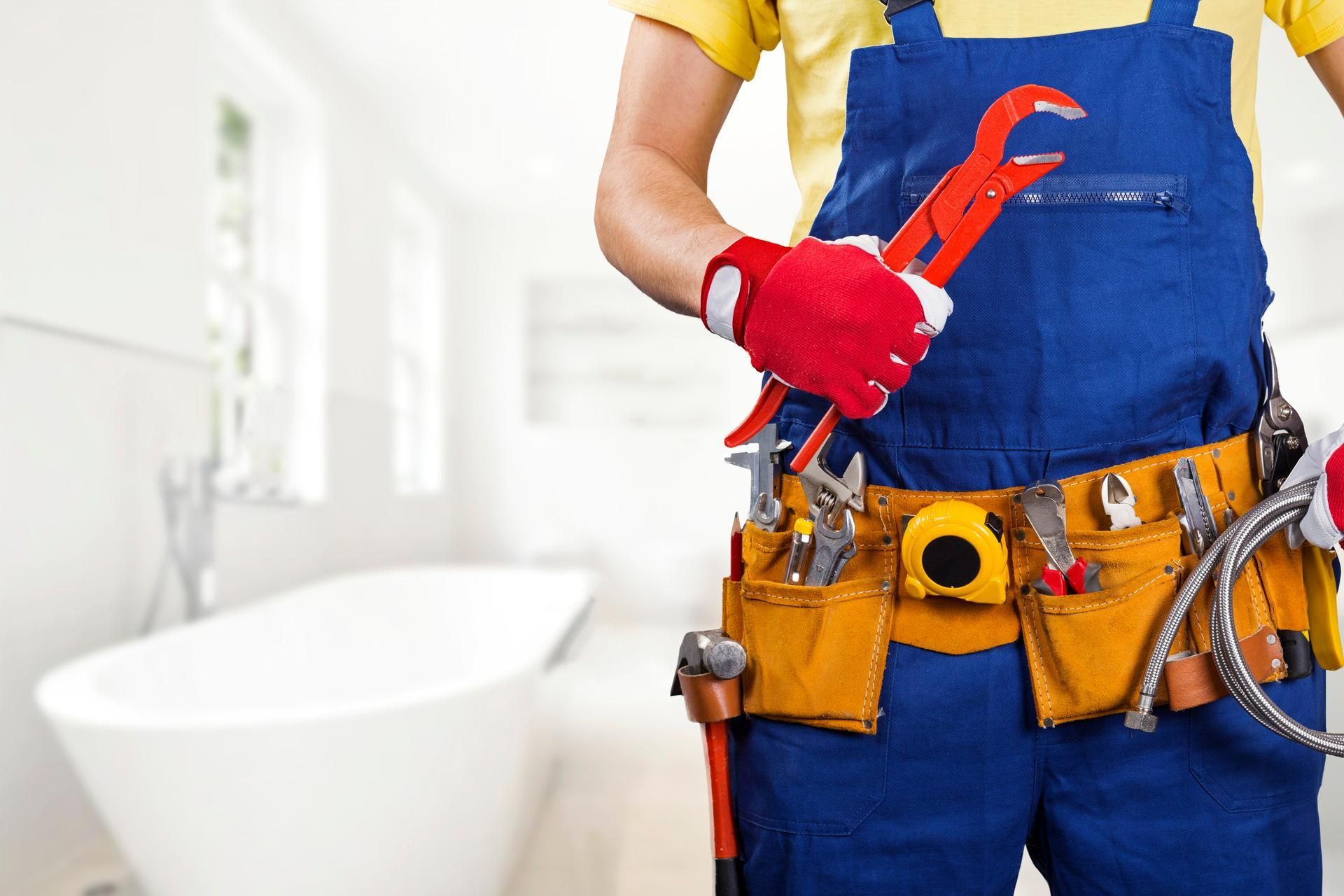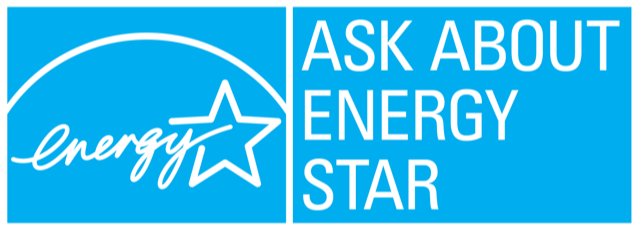Tips for Eco-Friendly Plumbing
Admin • June 25, 2020
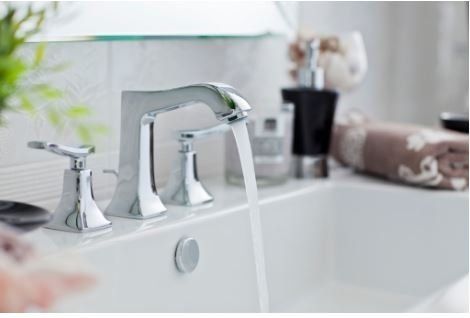
The energy, water, and materials you use in your plumbing system can harm the environment — if you are not careful. Eco-friendly measures can help you minimize this harm. Read on to see some of the main areas of improvement for eco-friendly plumbing.
Energy Efficiency
Take relevant measures to prevent the energy (fuel or electricity) consumption of your plumbing appliances. The following tips will help.
Use High–efficiency Heaters
Water heater efficiency determines how much energy the system uses to heat the water. Choose systems with an ENERGY STAR rating, which is a mark of energy efficiency. Use tank-system heaters in a large household and tankless system in a small household. Tankless systems are energy efficient since they only heat the water you use.
Ensure Adequate Insulation
Water flowing through bare pipes loses some of its heat by the time it reaches appliances. You have to adjust the temperature to get adequately hot water at the taps. Insulate your pipes so that you don't have to overheat the water.
Maintain Appliances
Your hot water appliances might leak if you don't maintain them properly. The leakages mean the water heater has to work overtime to provide you with adequate hot water. Poor maintenance of electrical or combustion parts of water heaters can also cause them to consume more energy than usual.
Water Efficiency
Eco-friendly plumbing also means efficient water use. Here are some tips for water-efficient plumbing.
Use Low-flush Toilets
Replace your inefficient toilet with an efficient one. Low-flush toilets use as little as 1.6 gallons per flush. Inefficient toilets can use more than double that volume.
Use Low-flow Showerheads
Low-flow showerheads reduce the volume of water but don't affect the efficiency of the shower. Some low-flow showerheads use aerators to mix water and air so that you don't feel less water on your body.
Prevent Plumbing Leaks
Even small leaks waste a lot of water after a long time. Disconnected pipes, damaged pipes, defective faucets, and corroded pipes are common causes of plumbing leaks. Aged plumbing systems are particularly susceptible to leaks. Prevent and plug leaks to minimize water loss.
Adopt Water-saving Habits
Your habits also determine how much water you use. Here are some water-conservation tips:
- Take reasonably short showers
- Turn off the water while you brush your teeth
- Don't flush unnecessary things down the toilet
- Soak pots and pans — don't wash them in running water
- Recycle brown water for use in the garden or lawn
Material Choice
The materials in your plumbing system can contaminate the environment at the end of their lifespan. The next time you want to install or replace a plumbing fixture, ask your plumber for:
- Recyclable materials
- Durable materials
- Non-toxic materials
For example, PVC material can last as long as 100 years, so you can use it in suitable areas.
Chemical Use
Most people know that they regularly need to clean and service their plumbing systems. Unfortunately, many people also rely on chemical cleaners for their plumbing systems. Chemical drain cleaners end up in the ground and affect groundwater, plants, and animals.
Clean your drains without toxic chemicals. Hot water, vinegar, and baking soda often work just as well as chemicals. A plunger or auger can also help. Let a professional plumber unblock your drains if the non-toxic cleaning methods don't work.
Hopefully, you can adopt eco-friendly habits in every aspect of your home. Contact us at Aurora Plumbing and Electric Supply. Our team has years of plumbing experience and can help you install, upgrade, or maintain your plumbing system to minimize its environmental footprint.

